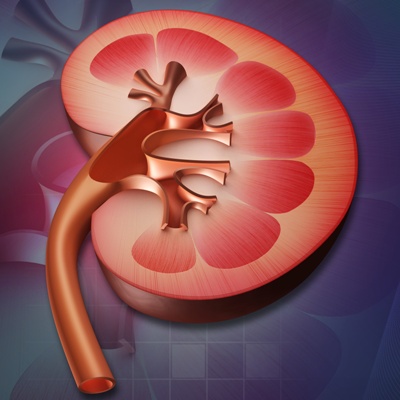September 1, 2022 -- Washington University researchers have discovered how to culture podocyte kidney cells outside of the body, which was previously not possible, and the innovation could lead to a treatment for chronic kidney disease.
Their research, published August 31 in the journal Science Advances, reveals that it is feasible due to a new hydrogel system that preserves the biochemistry and mechanical environments of cultured podocyte cells.
In the procedure, podocytes are taken from isolated glomeruli and can be cultured on patterns of the proteins that would be in their vicinity in healthy and diseased kidneys. The cells adopt new shapes and express new protein structures that are associated with injury, which allows scientists to identify new ways to potentially control the mechanisms the cells use to heal themselves. That information could be used for drug targets.
The new approach allows the researchers to determine how mouse and human podocytes taken directly from kidneys behave in the laboratory and the cells can be subjected to numerous experimental conditions, according to the authors. Experiments would include quantifying how changes to the kidney associated with diabetes and elevated blood sugar affect the mechanical function of podocytes and their ability to recover.
Other tests could include screening chemical treatments that affect protein dynamics and mechanobiology. Knowing that information moves scientists closer toward treatments for a range of currently incurable diseases, the authors added.
Washington University submitted a patent application for the technology in cooperation with the university's office of technology management, and the researchers hope to enable a range of research and eventually therapies using the system.
Copyright © 2022 scienceboard.net







